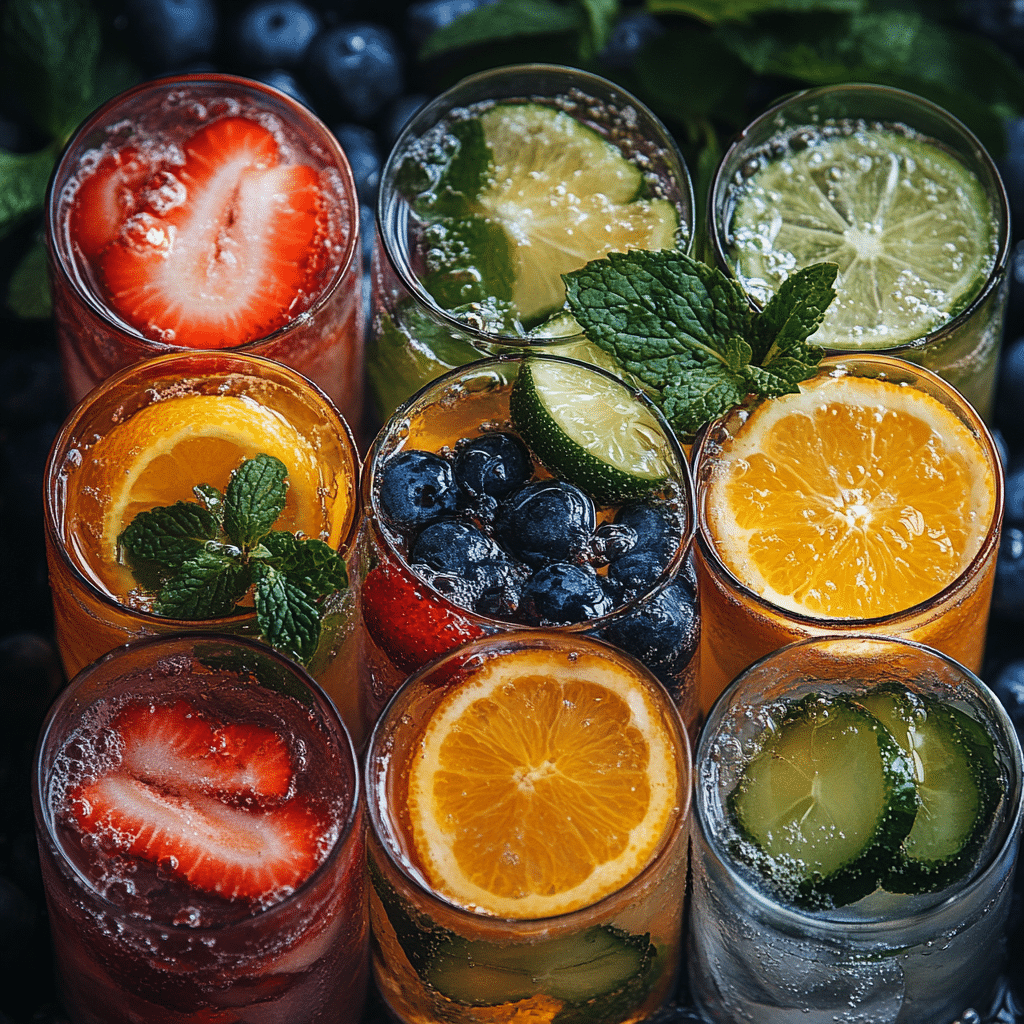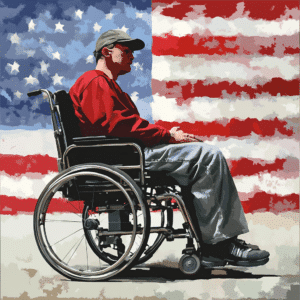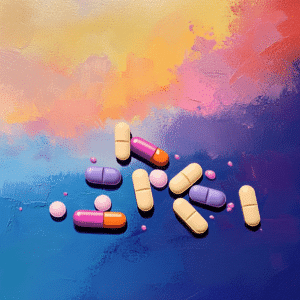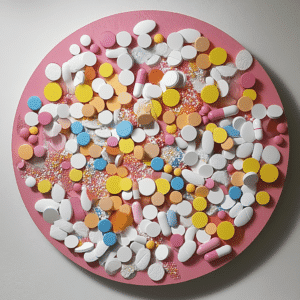When it comes to hydration and recovery, many folks underestimate the powerful connection between the two. Whether you’re an athlete, someone getting back on their feet after dealing with a health issue, or a parent trying to support a child struggling with addiction, staying properly hydrated is essential. It’s not just about how much water you drink. It’s about transforming your whole approach to health and well-being. Parents facing the challenges of addiction can find comfort and resilience through understanding how hydration influences recovery processes, making those tough days a little lighter.
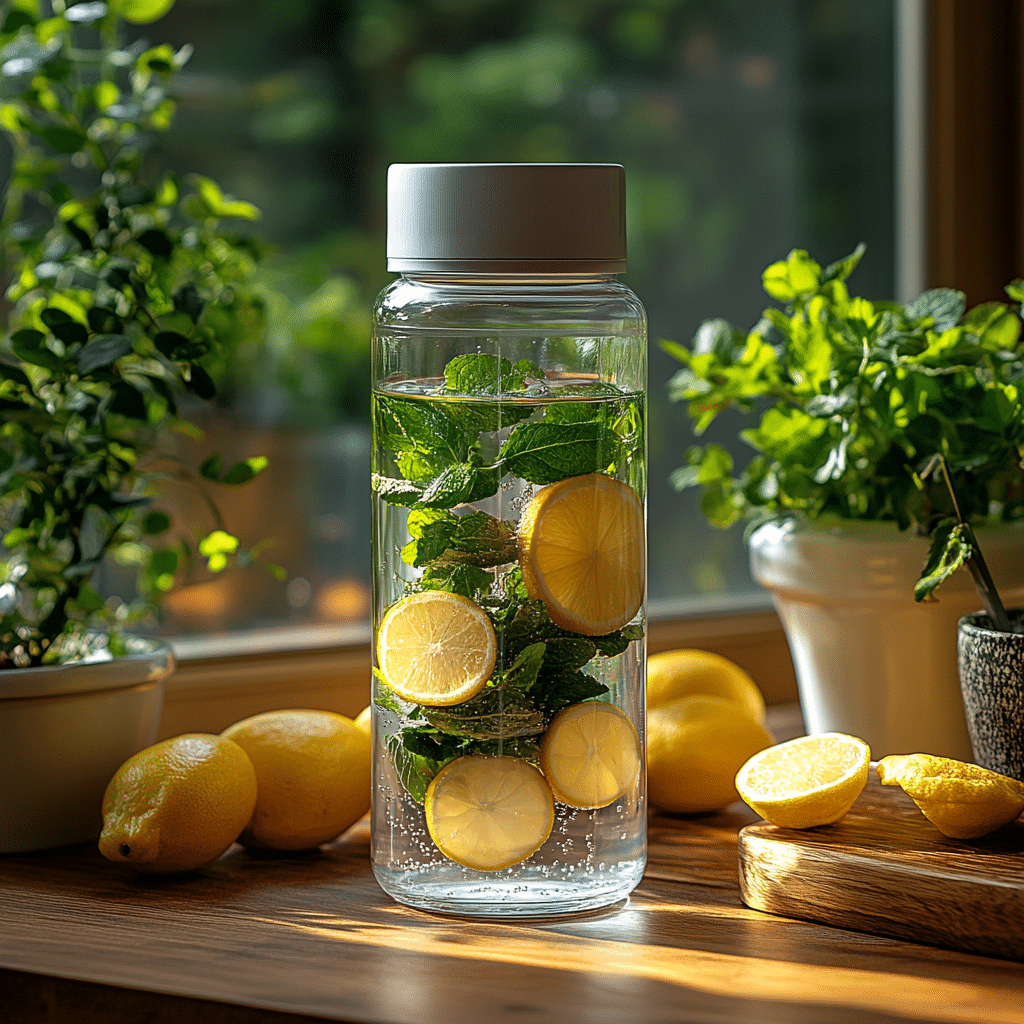
1. Top 7 Benefits of Proper Hydration in Recovery
Understanding the relationship between hydration and recovery is critical for optimizing resilience, especially for parents facing the emotional rollercoaster of addiction. Here are the top seven benefits of staying hydrated:
1. Enhanced Muscle Recovery
Hydration supports muscle function during and after physical activity. Studies have shown that well-hydrated individuals experience less muscle soreness and fatigue. For the child battling addiction who is also trying to regain physical health, hydration can become an essential part of their routine. Sports drinks, like Gatorade, specifically target these needs and help replace lost fluids and electrolytes, fostering quicker recovery.
2. Improved Cognitive Function
3. Regulation of Body Temperature
Staying hydrated helps maintain your body temperature during and after intense workouts or stressful situations. This is crucial for anyone—especially for those in recovery—dealing with the physical stress of addiction. Companies like Nuun offer electrolyte tablets that can replenish vital minerals after exertion.
4. Joint Health Support
Water isn’t just for hydration; it’s a lubricant for your joints, too. Stiff or painful joints can hamper progress, whether in recovery from physical injuries or emotional wounds. Products with hyaluronic acid, like Theraworx Relief, partnered with adequate hydration, work wonders in keeping joints sore-free.
5. Optimal Nutrient Transport
Hydration is a key player in nutrient absorption and transportation. Our bodies need water to digest food and absorb vital vitamins and minerals essential for recovery, especially B vitamins and magnesium. Including hydrating foods like cucumbers and watermelons in snacks can significantly boost overall fluid intake.
6. Mood Regulation
7. Enhanced Sleep Quality
Have you had those nights where you just can’t get comfortable? Dehydration disrupts sleep patterns, which hurts anyone in recovery trying to rebuild their lives. Drinking water throughout the day—and perhaps adding herbal teas like chamomile in the evening—promotes better sleep, helping to restore that essential balance.
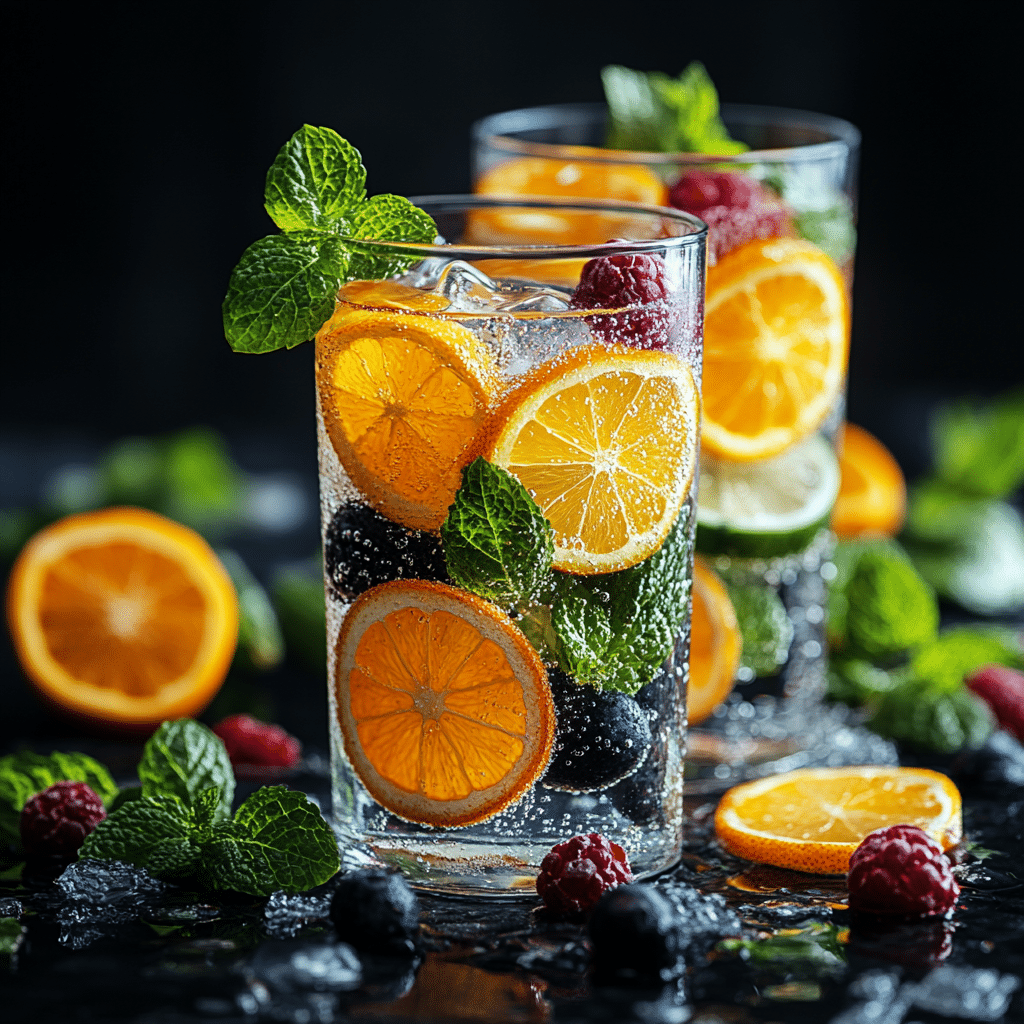
2. The Role of Hydration Strategies in Recovery Programs
Developing effective hydration strategies can be the key to achieving resilience, especially for parents immersed in the struggles related to addiction recovery. Implementing these strategies might make a world of difference:
Personalized Hydration Plans
Creating a personalized hydration plan tailored to each person’s lifestyle helps ensure that the body can function at its best. Professionals recommend men aim for about 3 liters and women around 2.2 liters daily. Adjust these numbers based on individual physical activities. Having a plan in place provides a sense of control, especially when external issues seem overwhelming.
Integrating Electrolyte Solutions
Feeling sluggish? Electrolyte solutions, such as Pedialyte or electrolyte-infused waters, can be a game changer. They replace minerals lost during stress or intense activity. Recognizing the signs of dehydration, such as exhaustion or headaches, is crucial. With family dynamics shifting, adopting these solutions can relieve both physical and emotional burdens.
Monitoring Hydration Levels
Harnessing technology can be beneficial. Apps like MyFitnessPal and smart water bottles tracking water intake create accountability. Monitoring hydration reinforces a consistent habit, allowing parents to concentrate on other recovery aspects knowing hydration is taken care of.
3. Hydration and Recovery Best Practices from Experts
When you take a step back and consult experts, some best practices for hydration and recovery rise to the surface:
Embracing a Holistic Approach to Hydration and Recovery
Integrating effective hydration into our day-to-day routines extends well beyond a simple wellness tip. Understanding its multifaceted influence strengthens the connection between hydration, recovery, and emotional resilience. Through education on hydration, families grappling with addiction can create an environment that fosters recovery and healing. This holistic approach can act as a firm foundation for families navigating these labyrinthine challenges.
For families searching for support, remember that helping a loved one involves more than just physical assistance. Dedicating yourselves to hydration and recovery not only nurtures the individual but also uplifts the family unit as a whole. When we frame our daily habits around health and resilience, we transition from mere survival to thriving together, linking hands and hearts as we face each day anew.
At Mothers Against Addiction, we understand that the journey is long, but support exists. Embrace the power of hydration and recovery as you step into a hopeful future—one sip at a time.
Hydration and Recovery: Secrets for Ultimate Resilience
The Power of Water
Did you know that staying properly hydrated can boost your mood and energy levels? Water helps transport nutrients and oxygen to cells, which is essential during recovery from anything, including addiction. Just think about how professional athletes, like Sun Mingming, attribute their success to discipline and hydration! They know that sipping water consistently can make all the difference. So, it’s no wonder that “Hydration and recovery” are often linked together in conversations about real resilience.
But it’s not just water we need to consider. Our dietary choices play a pivotal role too. Research indicates that gut health is intricately related to mental well-being, and conversely, an imbalanced gut can hinder recovery efforts. If you’re curious, explore how gut health And addiction are intertwined, as this will shed light on some surprising connections between what we consume and how we recover. Speaking of recovery strategies, have you tried journaling? Not only does it allow for reflection, but it also helps you track hydration habits, so click here for more on Journaling in recovery.
Sleep and Hydration’s Effect on Resilience
Another piece of the puzzle is sleep. Hydration can affect your sleep cycle—who knew?! Lack of proper hydration may lead to restless nights, making recovery feel like a steep uphill climb. Integrating sleep improvement Techniques into your routine can elevate your resilience significantly, making hydration vital for maintaining energy and stamina. People who’ve dealt with chronic sleep issues often find that focusing on hydration can lead to profound changes in their sleep quality.
Let’s talk about balance! Nutritional therapy can aid in creating a harmonious relationship with food and hydration. It’s about more than just food on your plate; it’s about how these choices help in recovery. And, of course, if you’re planning a trip, like commuting from Baltimore To New york, staying hydrated can help keep you sharp and focused, especially when you’re on the go. Remember,Hydration and recovery” go hand in hand, and understanding this connection can pave the way for a healthier life.


